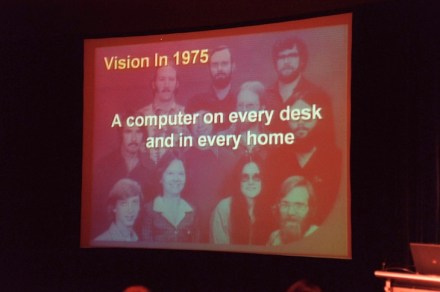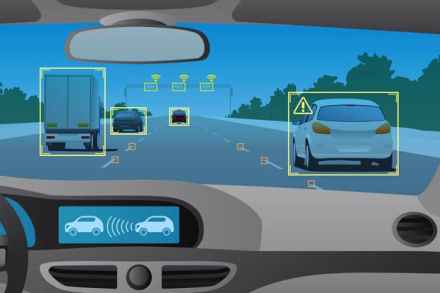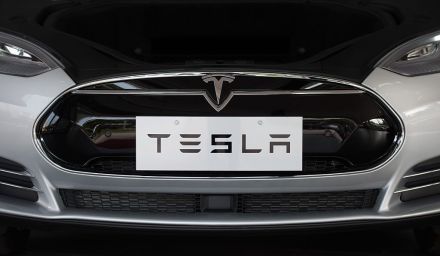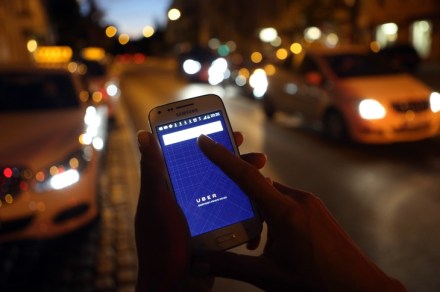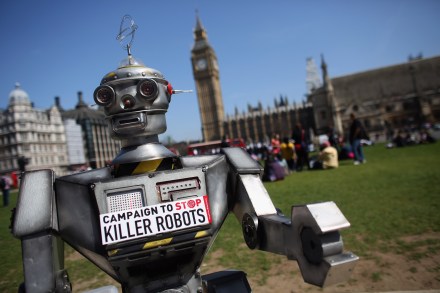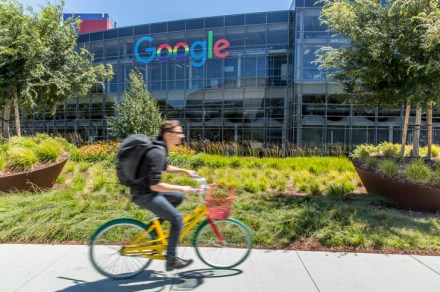We’re still waiting for the internet revolution
At the risk of sounding like Jean Baudrillard, I would like to suggest that the internet revolution has not yet taken place. So far, lots of very clever people have performed amazing feats of technical ingenuity. But for the most part our collective behaviour has so far failed to change enough to truly benefit us. Rather than making us freer, more relaxed and more efficient, in general everyone seems busier, more distracted and more tense. Unfortunately, technology is a bit like Hitler: it doesn’t know when to stop. No sooner has it annexed the Sudetenland than it starts invading Czechoslovakia. The world might be happier if Silicon Valley were put
